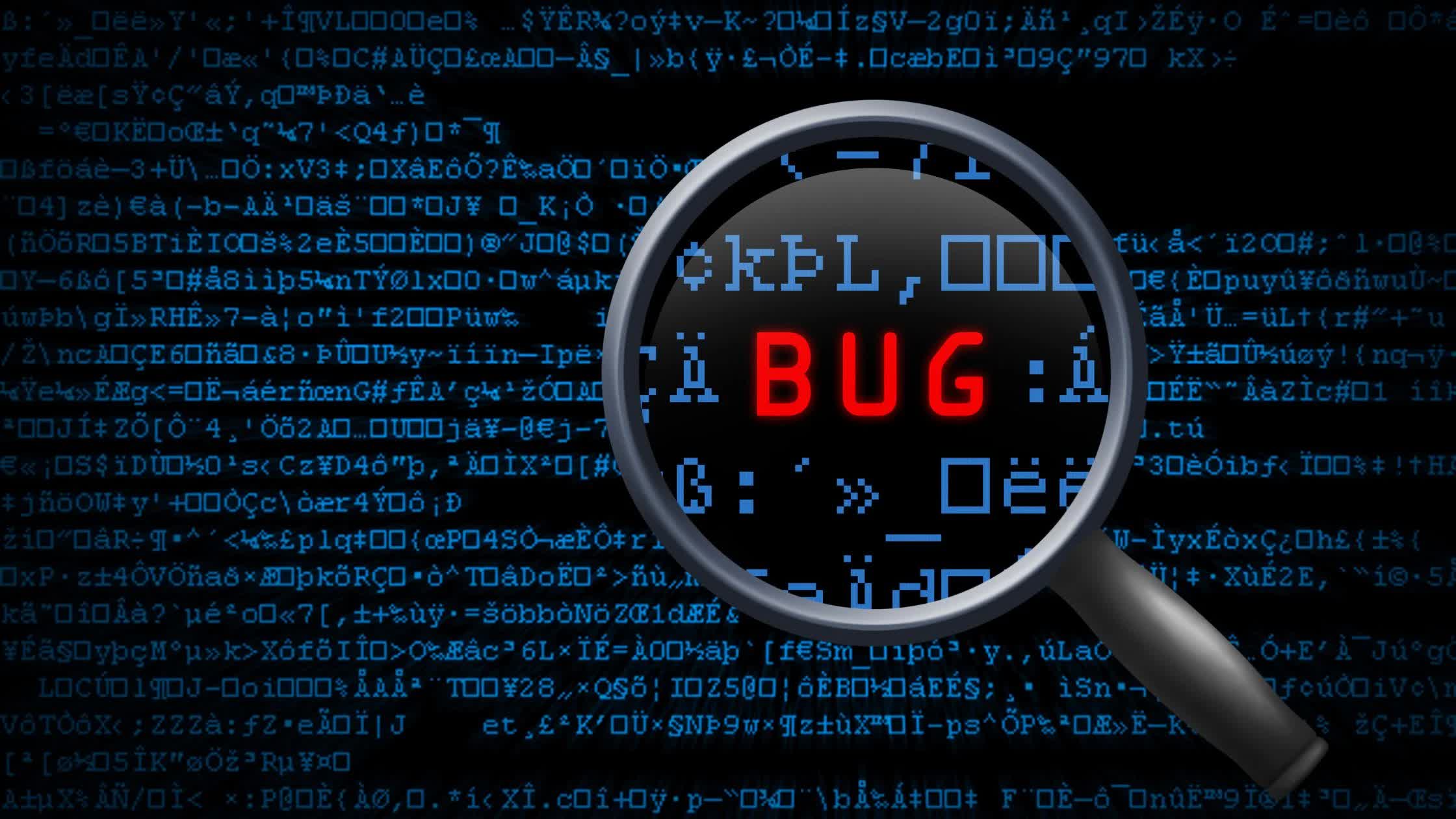The big picture: On January 19, 2038, at 03:14:07 UTC, certain Unix-based computer systems will encounter a critical timekeeping failure. Due to a software flaw known as the "Y2K38 bug," 32-bit Unix-like operating systems will reset their internal clocks to the start of the Unix epoch – January 1, 1970 – and begin counting time from there again. While the consequences could be widespread, developers are already working on fixes to ensure systems continue to track time correctly.

The Year 2038 problem arises from the way Unix-based systems track time – by storing the number of seconds since January 1, 1970, in a signed 32-bit integer. In 13 years, that integer will reach its maximum value and likely overflow, resetting affected systems back to 1970. A similar issue occurred in the year 2000, when the Y2K bug threatened to disrupt global computing infrastructure.
That crisis was largely averted thanks to an unprecedented, industry-wide effort to modernize critical systems and patch outdated software. Now, Debian developers are undertaking a similar mission to fix the Y2K38 issue, even on aging 32-bit hardware.
Starting with the upcoming "Trixie" release, Debian will transition to a 64-bit integer (time_t) for measuring time. This change will be applied to both 64-bit and 32-bit builds of the operating system. The new format won't overflow for another 292 billion years, meaning we won't face a similar Unix-related time bug unless humanity survives 21 times longer than the current estimated age of the universe.

Debian is the second-oldest operating system built on the Linux kernel and has served as the foundation for countless Linux distributions since its debut in 1993. While many systems have already addressed the Year 2038 problem by migrating to fully 64-bit architectures, a significant number of OSes and devices built on 32-bit chipsets are expected to remain in use well into the next decade.
These include a wide range of "cost-sensitive" products and appliances such as cars, IoT devices, TVs, routers, and industrial monitoring systems, some of which likely run Debian or a Debian-based OS. They've singled out the 32-bit "armhf" architecture as a particular concern, citing its expected continued relevance in new devices over the next 10 years.
Thanks to a multi-year effort by Debian developers and contributors, the Y2K38 bug may ultimately prove to be little more than a speed bump – especially when compared to the widespread panic triggered by the Millennium Bug. Still, the so-called "Epochalypse" is likely to render many older operating systems and software obsolete, including some within the Windows ecosystem.
Debian plots fix for Y2K38 bug by upgrading to 64-bit timekeeping